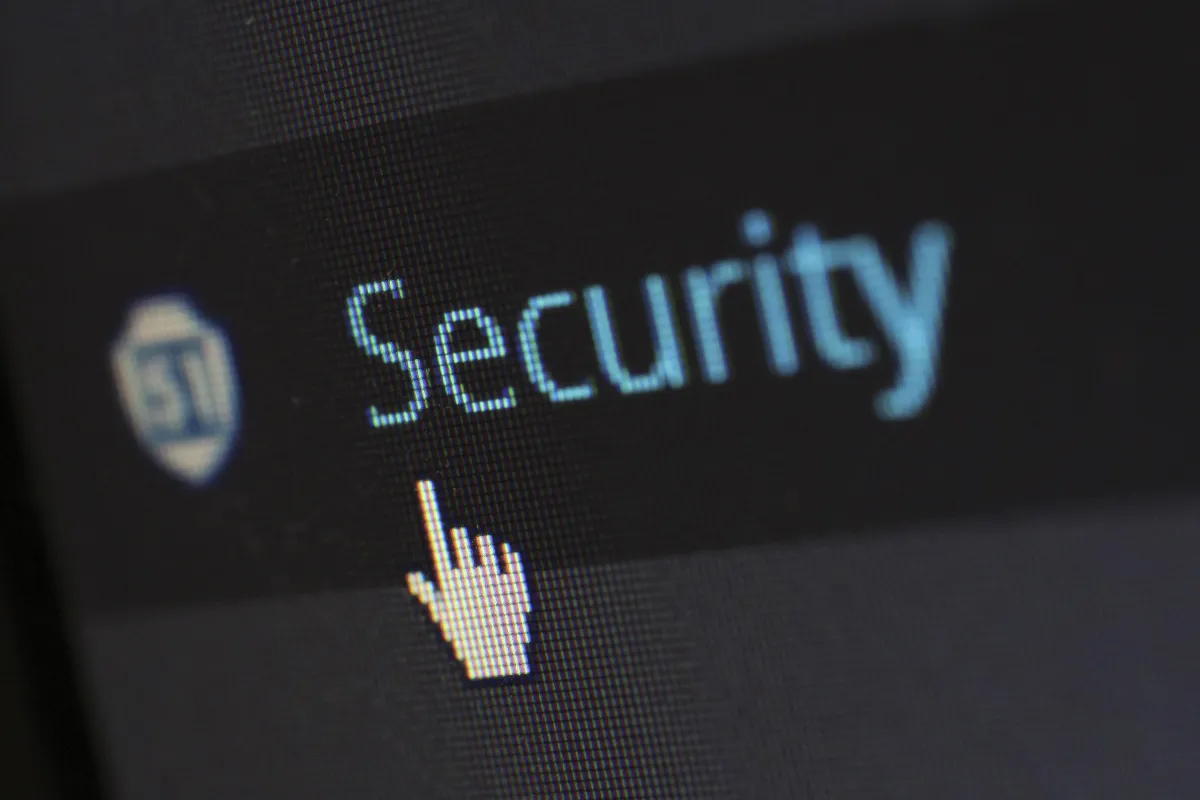Blog

Working From Home? Be Sure Employees Take Cyber Security Serious
When a major event occurs that causes yourself, your team or your office to swiftly transition to remote working, it can seem like a big change.
Shifting with little notice from a trusted office to remotely working can bring on a few security risks. Additionally, there are some nasty types who will take advantage of the event and use it for phishing scams, in hopes that those who pay little attention will click freely and hand over private information.
Let’s look at a few home cyber security best practices that may help when working remotely:
Ensure your home Wireless (Wi-Fi) connection is secure. Keep in mind that if you’ve been using the same equipment for a few years at home, it may actually be in need of major updates and security patches that haven’t been installed yet. People nearby may be able to snoop your home traffic so best to have this checked if you are not able to.
It may seem obvious but ensure your anti-virus is installed, working, and up to date. While some will have a laptop from the office, a majority of remote workers moving home on short notice do not have office equipment and will use their home computers or laptops. This is another point of entry that must be closed.
Check if other security software is installed and working well. This could include: Add-ons for browsers, privacy tools, ad-ware blockers or other patches that should be checked regularly.
Now that you’re working from home, you will need to have a backup strategy in place. It is important that all critical files are backed up regularly (daily is best case scenario, every two days at most during a crisis event). It would only take one instance of ransomware to wipe your data clean and all is lost.
Depending on who lives in your home, it is always recommended to lock your screen when you are not at your computer or laptop. Kids, curious roommates, and pets all have a vested interest in what you’ve been up to online.
Ensure your connection to your work office is secure. Many companies will use VPNs (Virtual Private Network) connections so expect to see these when asked to work from home. You may receive instructions prior to or after arriving at home on downloading and installing a secure private network connection. You will not be able to connect to your office without one so please follow your office’s instructions.
If your office requires the use of encryption tools, then please ensure these are installed. There are many free ones available as well that you can use to keep your files safe and secure regardless.
Depending on the major event that is the reason you are working remotely, avoid using public Wi-Fi. Use a personal hotspot or another way (e.g. VPN) to encrypt your internet connection. Public Wi-Fi will introduce significant risks to keeping your data secure. The fact is, in a public space, you are sharing one connection with many in the area and your laptop is open to continuous attacks from a computer sitting across the room as there are no firewalls between you and the other laptops nearby.
While we’re talking about public Wi-Fi, if you are in public, keep an eye on your “sight-lines”. If there is an individual behind you, they may be able to see everything on your screen. Additionally, keep your devices with you at all times. One trip to the restroom is all it takes for your device to be compromised. Think about a person walking up and plugging in a USB stick that can type preprogrammed code at a rate of 1000-words per minute. It is that quick.
If you were provided with a laptop to take home and use, do not be tempted to use your personal computer instead because it’s just “easier to use” or because the work laptop is “too much of a hassle to open and use”. Work computers must take every precaution possible to keep company data secure and only for company employees’ access. While the temptation may be there, you would be best served to avoid it and use the one provided for you to use at home.
Final Thoughts
There are plenty of great technologies and tools out there to help keep data secure and away from prying eyes. While they do help, truth be told - it is in fact employees that are the weak link in the chain that pose the primary avenue of risk. Employers can make all the remote work policies possible, but it is up to each person at home to self-assess and self-check their work practices.
If we all take the time to be mindful of our cyber security status, we will all have a successful period working from home until the crisis event has concluded.
Find out how you can . . .
Pay Yourself What You Deserve!
Certifications









